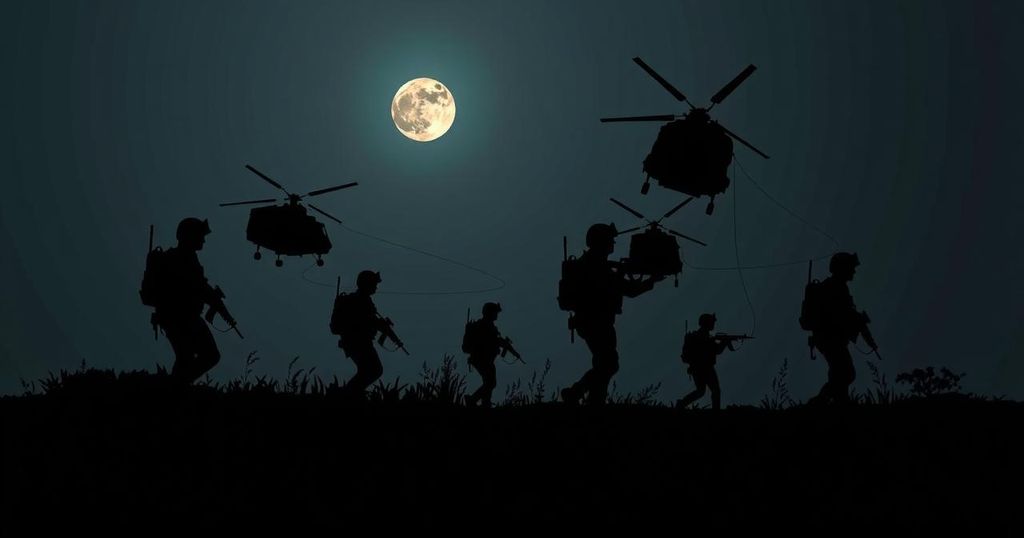The Potential Use of Soldiers for Domestic Policing: A Look at Trump’s Vision
During the tumultuous summer of 2020, former President Donald J. Trump expressed his desire to employ federal troops to quell the riots that erupted during the protests following George Floyd’s tragic death at the hands of the police. Despite facing opposition from his military and legal advisors, Mr. Trump was adamant about his plans, even going as far as proposing to use troops to secure border states and to physically harm violent protesters and undocumented migrants. These ideas have raised concerns about the implications for civil liberties and the traditional limitations on federal power if such actions were to be implemented.
Throughout his first term in office, Mr. Trump was unable to fully realize his vision of using troops for domestic law enforcement. However, as he makes moves to return to power, he has made it clear that he intends to utilize the military for various domestic law enforcement purposes, such as patrolling the border, suppressing protests that he deems as riots, and combating crime in Democratic-led large cities.
At a conservative conference in Dallas in August 2022, Mr. Trump expressed his belief that the president should use every available authority to restore order in places where the rule of law has broken down, including sending in the National Guard or troops if necessary. Additionally, allies of Mr. Trump have been working on policy papers to provide legal justifications for his plans to use the military for domestic law enforcement, particularly in the context of immigration and border states.
While governors have the flexibility to deploy their states’ National Guards to address civil disorder or major disasters, the Posse Comitatus Act, a post-Civil War law, generally deems it a crime to use regular federal troops for domestic policing purposes.
It is clear that Mr. Trump’s intent to employ soldiers for domestic law enforcement remains a controversial and polarizing topic. The implications for civil liberties and the traditional constraints on federal power are profound, and the potential use of the military to enforce domestic policies raises serious legal and ethical questions.
It is important for the public to remain informed and engaged on this issue, as it has the potential to significantly impact the rights and freedoms of all citizens. As discussions about this topic continue, it is essential to carefully consider the long-term consequences of employing soldiers for domestic policing and to ensure that any actions taken uphold the principles of democracy and the rule of law.








Post Comment